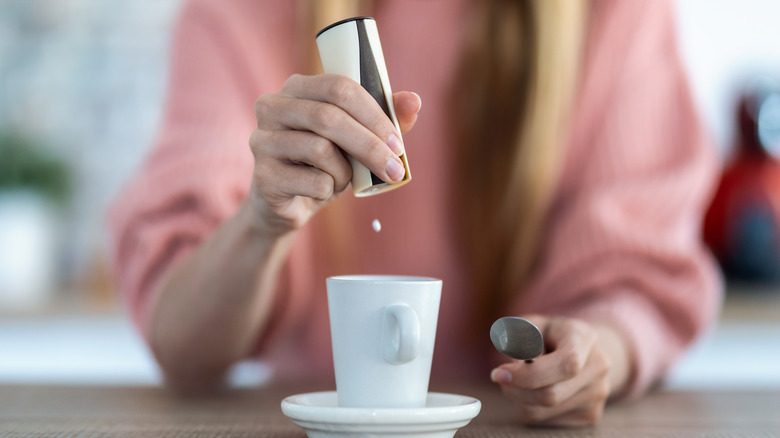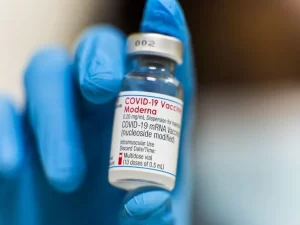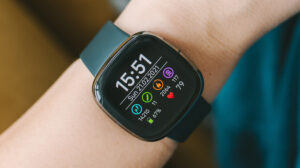
Study Shows Artificial Sweeteners May Lead To Higher Cancer Risk, Questions Remain
Artificial sweeteners are usually used in food and drinks that are packed as a substitute for sugar. This artificially made substance has a molecular structure similar to sucrose – which is commonly called “table sugar,”white sugar,” or “granulated sugar” – so it feels like it but has a lower calorie value significantly. Therefore, the substitute for sugar is marketed as a healthier alternative to natural sugar and its derivatives, especially for those who suffer from diabetes or want to lose or maintain their weight. Apart from the advertised benefits, artificial sweeteners have been associated with health problems, including brain manipulation and higher risk of cancer in consumers. A recent study (via Ploc Medicine Journal) tried to correlate the dangers of cancer by consumption of artificial sugar substitutes such as Acesulfame-K, Aspartame, and Sucralose.
This finding is part of the ongoing Nutrineet-Santé research, an ongoing online study is intended to identify the interaction between health and nutrition. The research program began in 2007 and had members participating in periodic online health surveys.
Aspartame sweetener poses the highest cancer risk
In this particular study in the relationship between artificial sweeteners and cancer risk, the research group was looking for input from more than 102,000 French adults. Based on data submitted by these users, the researchers developed an understanding that artificial sweeteners, and especially Aspartame, pose a high risk of cancer among people who consumed them through food and drinks packed or as a substitute for sugar sold with brands and Nutrasweet .
The researchers asked participants to upload their 24-hour diet notes to assess their nutritional intake and the number of sweeteners consumed. The data is separated by age, gender, body mass index (BMI), physical activity level, height, weight gain through the assessment timeline, and consumption of tobacco and alcohol products. This study also takes into account the family history of surveyes on cancer and diabetes and sodium absorption everyday, saturated fatty acids, fruits and vegetables, dairy products, and wheat food.
Artificial sugar linked to obesity-related cancers
This study shows that the consumption of artificial sweeteners increases a person’s risk of cancer-related breasts and obesity. Previous research has linked the probability of obesity to the consumption of artificial sweeteners, while others also highlight the possibility of a higher fat person to suffer cancer. The research writer advised them was the first investigation to directly associate the use of sugar replacement with the risk of cancer related to obesity.
Interestingly, the amount of sugar substitute intake does not directly increase or reduce a person’s tendency to develop cancer. The only difference arises when this substitute is completely cut from the diet. The researchers also suggested this study must be replicated on a larger scale with various demographic groups to verify concerns around the consumption of artificial sweeteners. Citing the fact that Cohort Nutrinet-Sante is limited to French citizens – with the majority of them being women, social, financial, and educational privileges, and people with more health conscious behavior – Researchers suggest the need for more comprehensive studies to build Concrete relations between artificial sweeteners and cancer. They also called global agents to study further research especially to increase consumer awareness about the adverse effects of substitutes for sugar, which are present in foods and drinks in excessive amounts.




Average Rating